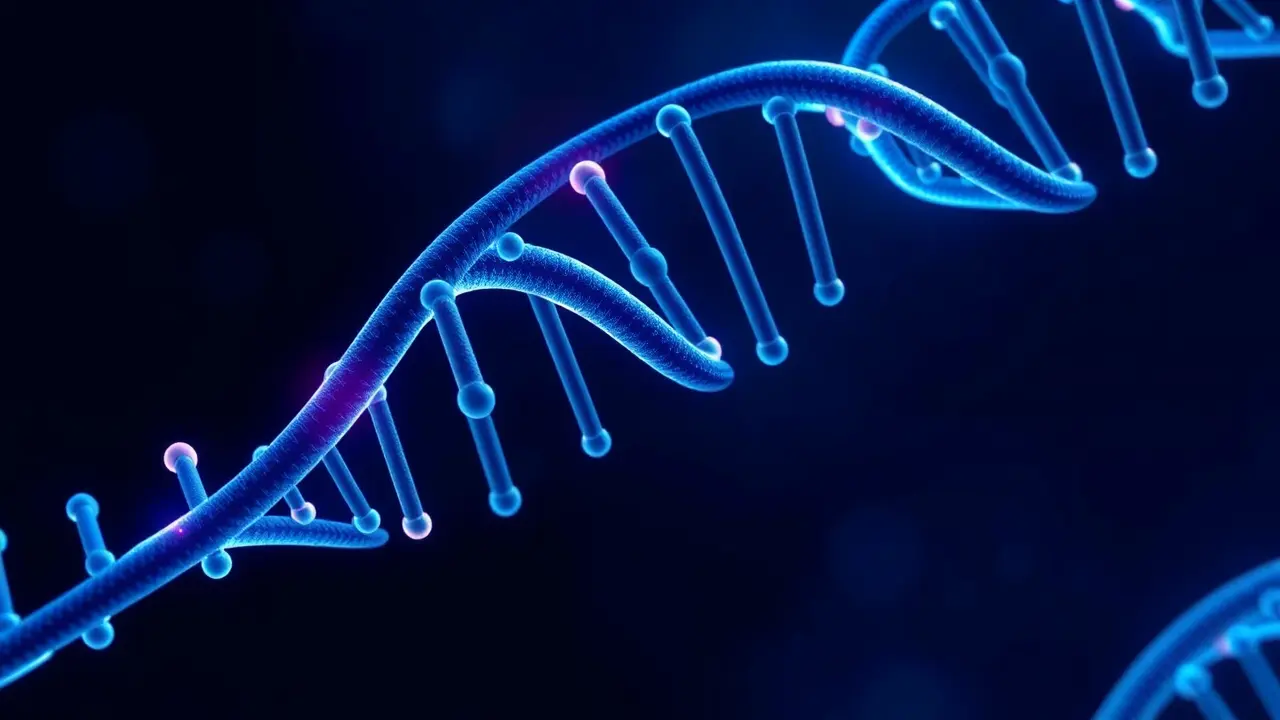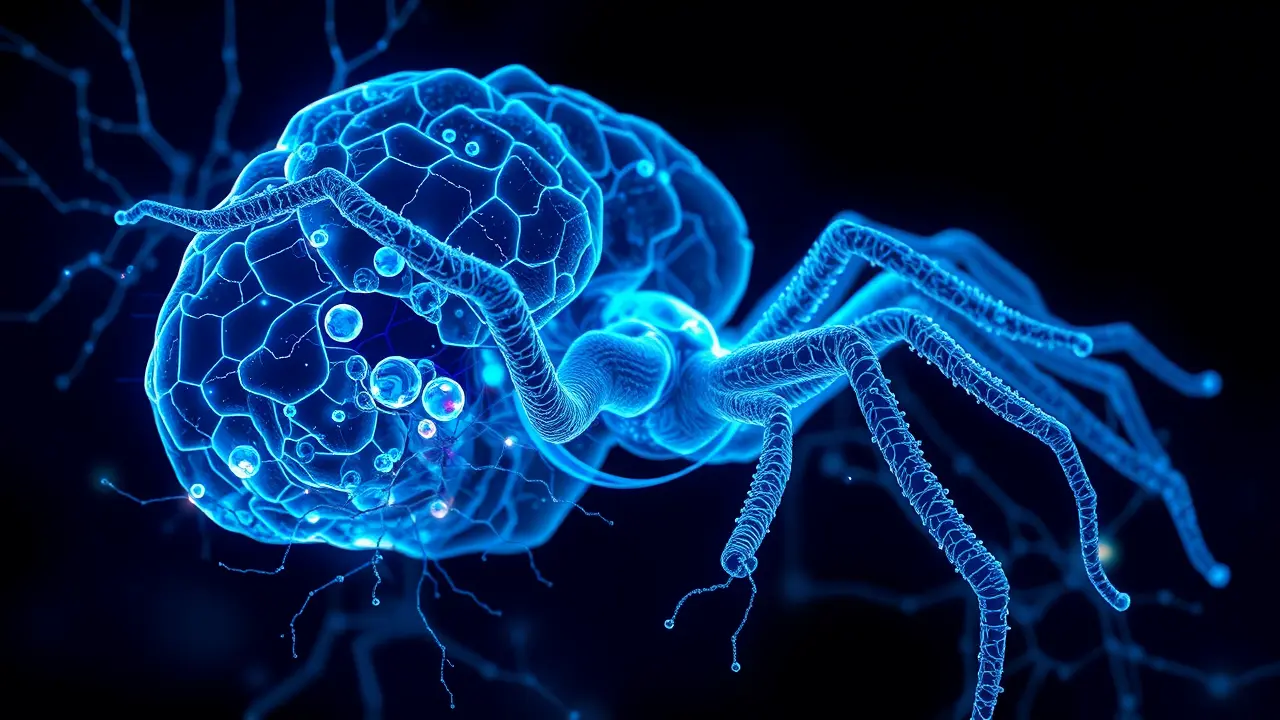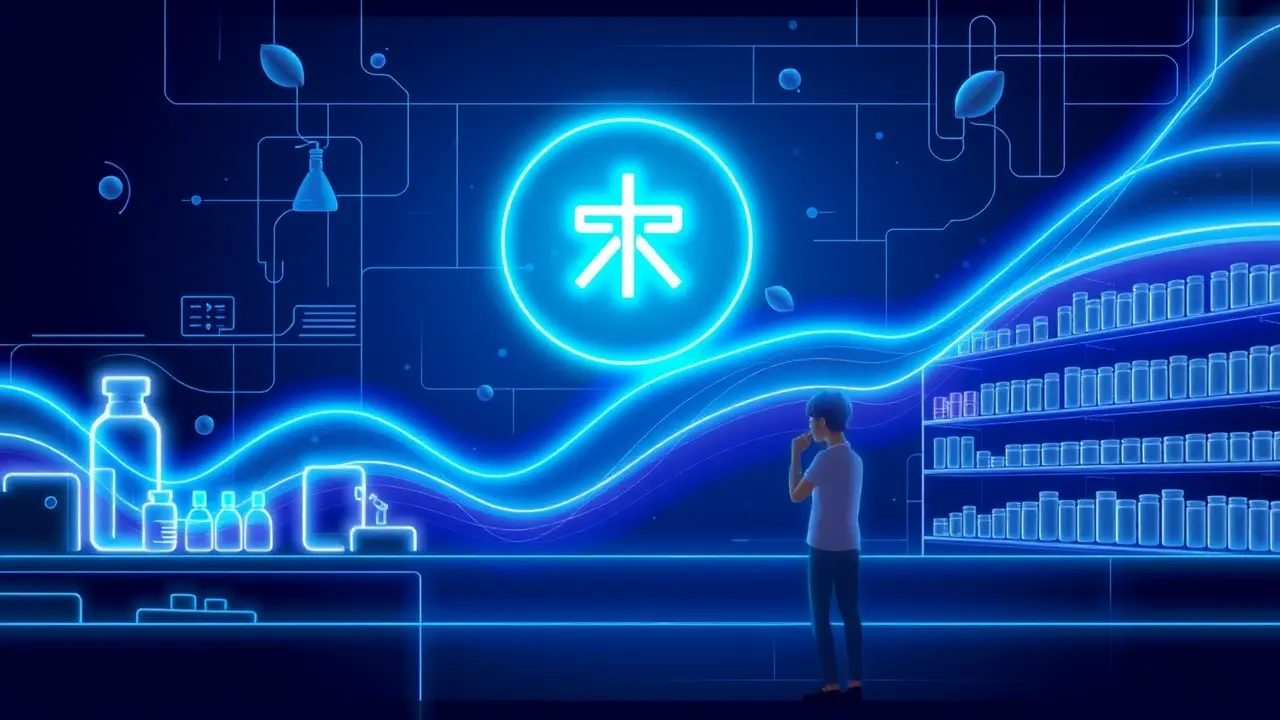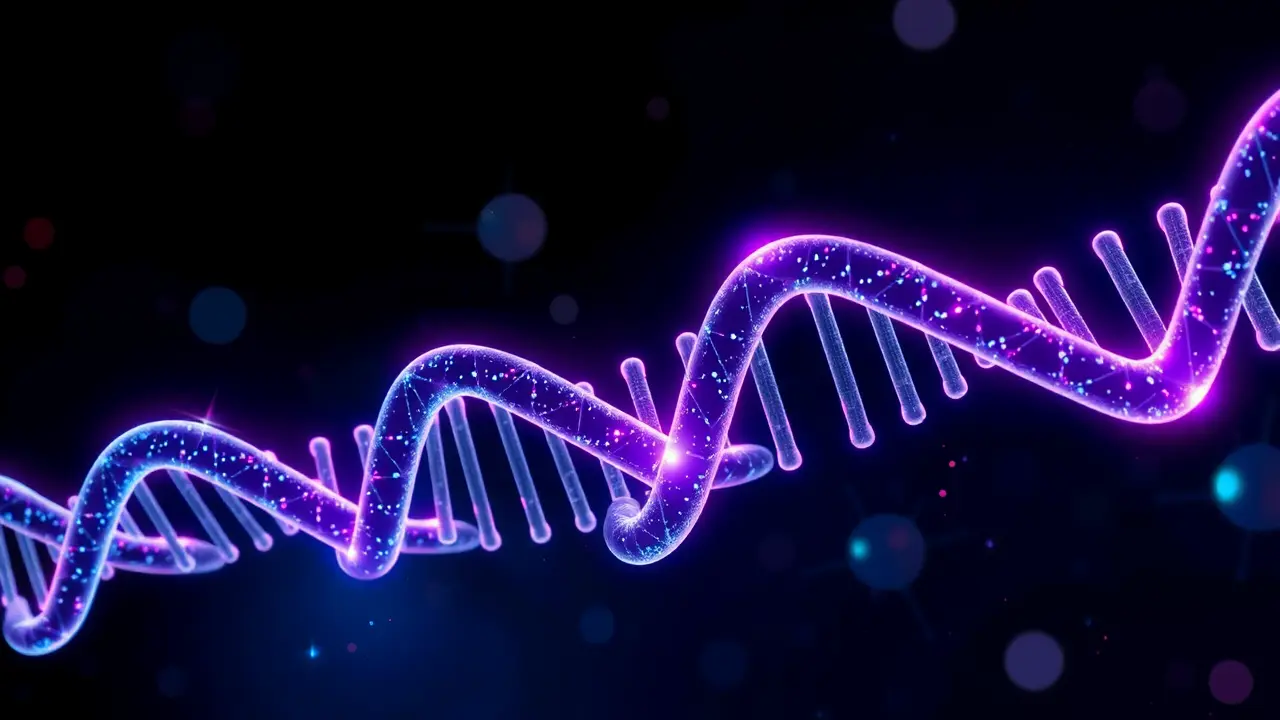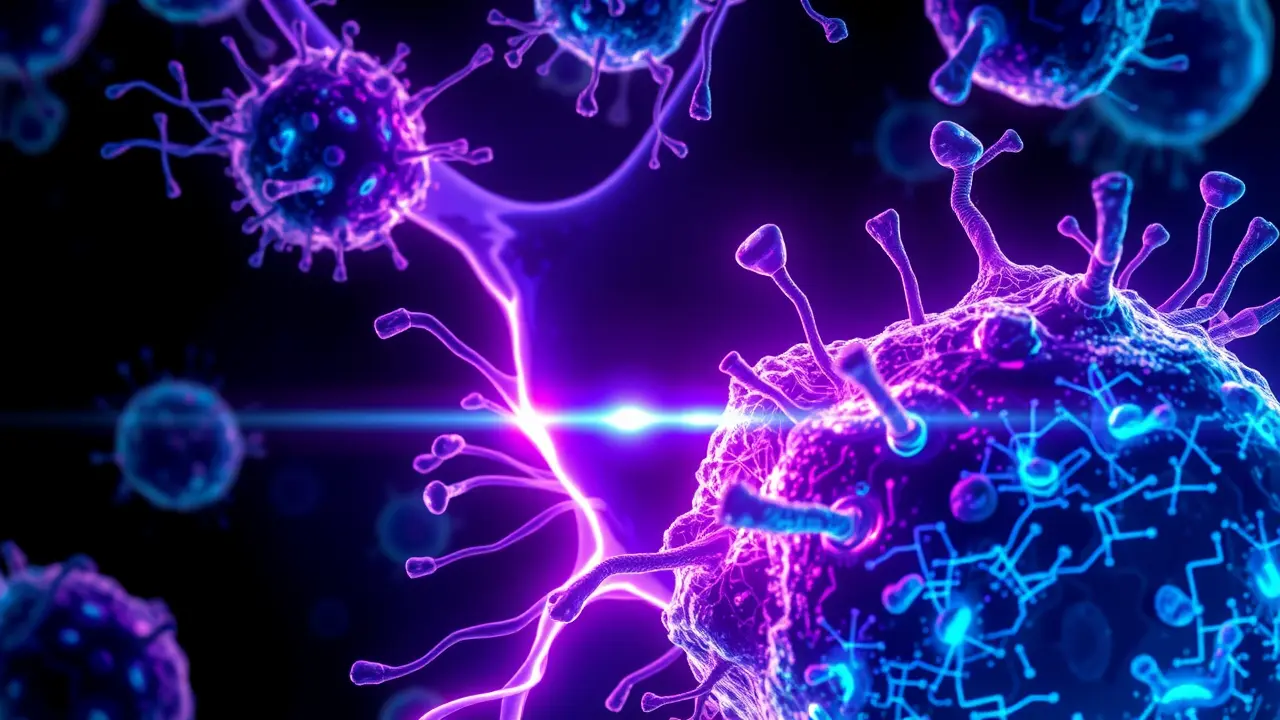
SciencemedicineCancer Research
Hidden weakness makes prostate cancer self-destruct
KE
Kevin White
5 hours ago7 min read
In a development that reads like a precision-guided strike against one of oncology's most stubborn adversaries, researchers have pinpointed a critical metabolic vulnerability in prostate cancer cells, a discovery that could fundamentally alter the treatment landscape for advanced, drug-resistant cases. The breakthrough centers on two pivotal enzymes, PDIA1 and PDIA5, which function as linchpins for the cancer's survival.Think of them not just as molecular cogs, but as the chief engineers of the cancer cell's internal stability, particularly for the androgen receptor—the very engine that drives most prostate cancers. When scientists successfully blocked these enzymes, they witnessed a dramatic and fatal collapse of this receptor, a molecular implosion that not only killed the cancer cells outright but also dramatically enhanced the efficacy of established drugs like enzalutamide.This isn't a mere one-trick pony; the therapeutic assault is multi-pronged. By disrupting PDIA1 and PDIA5, the attack also cripples the cancer's energy production systems, essentially cutting the power to its vital functions and leaving it with no retreat.This dual-mechanism approach is the holy grail in modern biotech cancer research, as it preempts the disease's notorious ability to find workaround pathways, a common cause of treatment failure in late-stage patients who have exhausted other options. The implications are profound for the field of synthetic biology and personalized medicine.We are moving beyond the blunt instrument of traditional chemotherapy into an era of exquisitely targeted molecular sabotage, where we can exploit a cancer's unique metabolic dependencies against itself. This research, likely to spur a race for novel small-molecule inhibitors, represents a paradigm shift from managing cancer as a chronic condition to engineering its precise destruction.For the millions of men worldwide facing a diagnosis of advanced prostate cancer, a disease that has historically learned to outmaneuver our best drugs, this isn't just another incremental study. It is the blueprint for a potential cure, a masterclass in turning a cancer's greatest strength into its fatal weakness, and a testament to the power of next-generation biological insight.
#featured
#prostate cancer
#PDIA1
#PDIA5
#androgen receptor
#enzalutamide
#drug resistance
#therapy breakthrough
Stay Informed. Act Smarter.
Get weekly highlights, major headlines, and expert insights — then put your knowledge to work in our live prediction markets.
Related News
© 2025 Outpoll Service LTD. All rights reserved.

